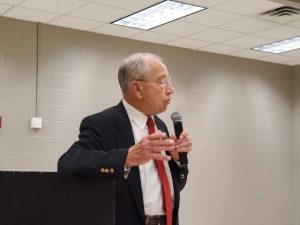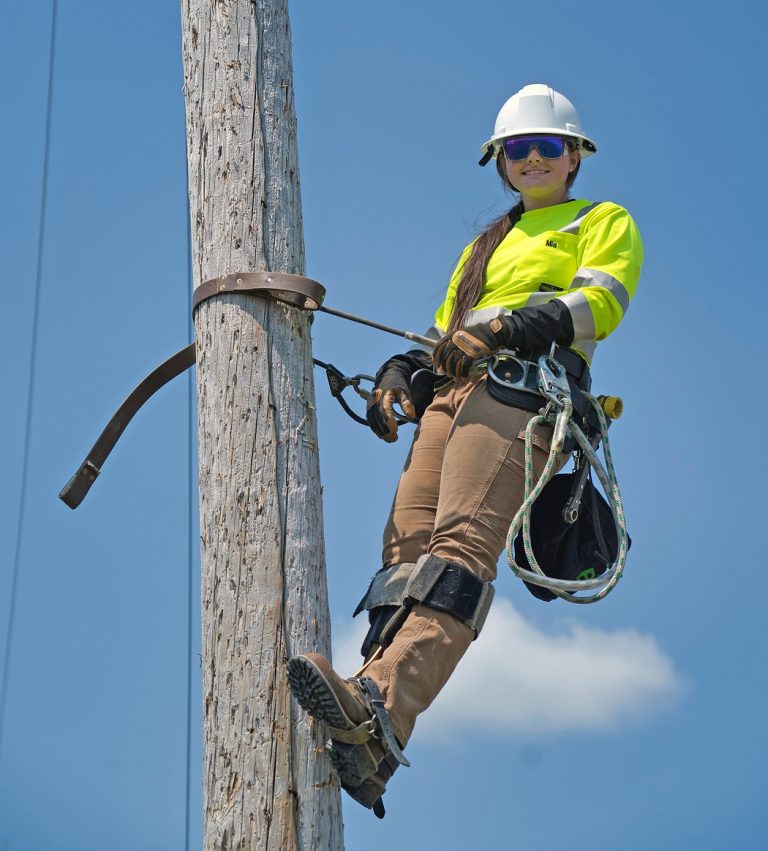Des Moines, Iowa — The Iowa Supreme Court has decided the fate of two wind energy-related cases. And that could set precedence for how those type of cases are handled up here in northwest Iowa and around the state, in which there are several wind farms.
In the first case, the Supreme Court upheld a lower court ruling on how wind farms are categorized for regulation.
Landowners in Palo Alto County argued a wind project with 170 turbines should be considered one large energy production facility. This would require the company to apply for what’s called a “certificate of public convenience, use, and necessity” from the Iowa Utilities Board (IUB). The IUB ruled the turbines are not all connected to a single gathering line and therefore don’t produce the amount of electricity needed to require a certificate.
The Iowa Supreme Court ruling says the justices are not energy specialists — but says the standard used by the IUB is superior to all other tests for when a wind project should be deemed a single site or facility. The ruling says the definition is more consistent than what the landowners requested and more in line with the legislature’s policy goals. It also says the IUB has been consistent in its definition in 20 separate proceedings since 1997.
In a second, related case, the Iowa Supreme Court ruled that the wind energy ordinance created by the Palo Alto County Board of Supervisors is valid.
A group of landowners sought to overturn the ordinance — saying it was invalid because two companies involved in building wind farms pushed for changes in the ordinance. The Iowa Supreme Court ruling says the justices are not persuaded by the landowners’ argument. It says the ordinance was primarily written by the county attorney — and while Invenergy and MidAmerican energy said they could not build windfarms without changes — incorporating requests from a private party does not make an ordinance unlawful. The Supreme Court says lobbying is every citizen’s constitutional right, and both sides exercised that right in this case.











